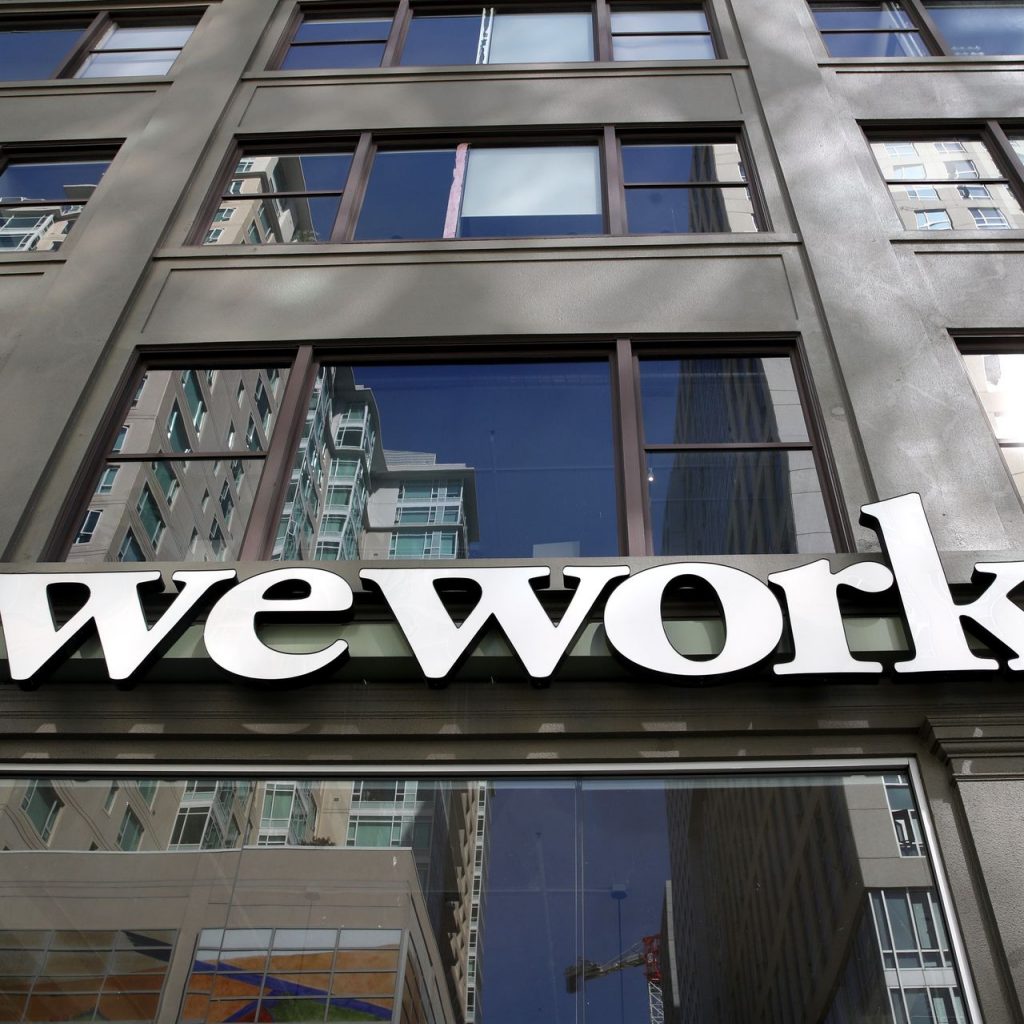There is now nearly $2 trillion worth of U.S. imports and exports that have increased tariffs placed upon them. That’s over 10% of the U.S. GDP of about $18.6 trillion.
Such a tremendous amount of money should have a significant impact on the U.S. economy. But by almost all measures the U.S. economy is still firing on all cylinders.
Doom and Gloom?
While many economists predicted doom and gloom from the escalating trade war, investors continue to see strong corporate earnings and seem more concerned about what the Fed is doing than what China is doing.
In the U.S., income levels continue to rise, job participation is up, the Purchasing Managers’ Index was up in June, and consumer spending and confidence is strong.
Trade War Bites in China
The South China Morning Post is one of the most authoritative English-language news sources for the Asia Pacific region. It’s informative to read some of their most recent headlines from the first few days of August:
- “China’s imports from Australia go through roof as trade war bites”
- “Why China’s pork producers can survive without U.S. soybeans”
- “China assesses impact of U.S. trade war as it considers restarting talks”
- “Good times roll for Hong Kong retailers but trade war squeeze looms”
- “Trump may raise tariffs on U.S. $200 billion of Chinese goods”
Will China Blink First?
While the above headlines don’t show cause for concern, another article in the South China Morning Post paints a different picture of what’s taking place in China.
Entitled “China’s economy worse than it seems – even before trade war bites”, the article suggests that actual economic growth in China’s various provinces is much worse than the headlines suggest.
Chinese central government figures report a 6.8% growth rate for the entire country. But a review of local economic data by the South China Morning Post finds signs of a broad slowdown.
In fact, some parts of China – a country that is the world’s second largest economy – are stagnating or contracting.
So maybe Trump is winning the trade war.
Delayed Trade War Reaction in U.S.?
With a GDP of $11.2 trillion, the Chinese economy is about 40% smaller than the U.S.
So, it’s logical to expect that a trade war would have more of an immediate impact on the Chinese economy than the U.S. This doesn’t mean that a trade war won’t have an effect on the U.S. economy, just not as quickly as in China.
Barry Eichengreen, a Professor of Economics at UC Berkeley and a former senior policy adviser at the International Monetary Fund, sees three possible explanations why so far there’s been limited economic and financial fallout in the U.S. from the trade war:
- Investors believe that sanity will prevail and that Trump’s threats are just part of his bombastic negotiating strategy
- Investors believe that when Trump says trade wars are easy to win, he might be right
- Macroeconomic effects of the trade war will have little real impact on an economy as large as the U.S.
(source)
Tax Payer Subsidies
One clear and immediate loser in the trade war thus far has been the U.S. taxpayer.
A recent article in the Wall Street Journal notes that the U.S. Government will provide up to $12 billion of emergency aid to farmers. The money will be used to offset tariffs that other countries have placed on U.S. exports of soybean, sorghum, cotton, corn, wheat, and pork.
Most people have no objection to helping farmers out. But the reason the farmers need assistance in the first place is the tit-for-tat trade war tariffs.
This is $12 billion in taxpayer money that – were it not for the trade war – could be put to better use, such as investing in badly needed infrastructure improvements.
Whether or not China blinks first remains to be seen, but history has shown that trade wars have only losers and not winners.




